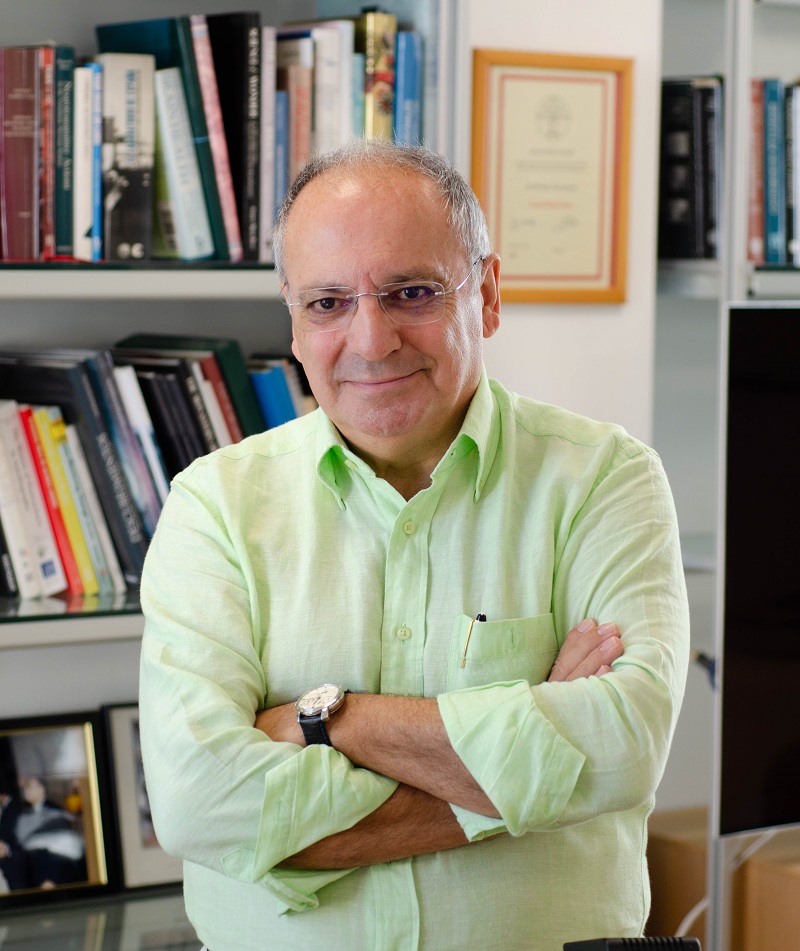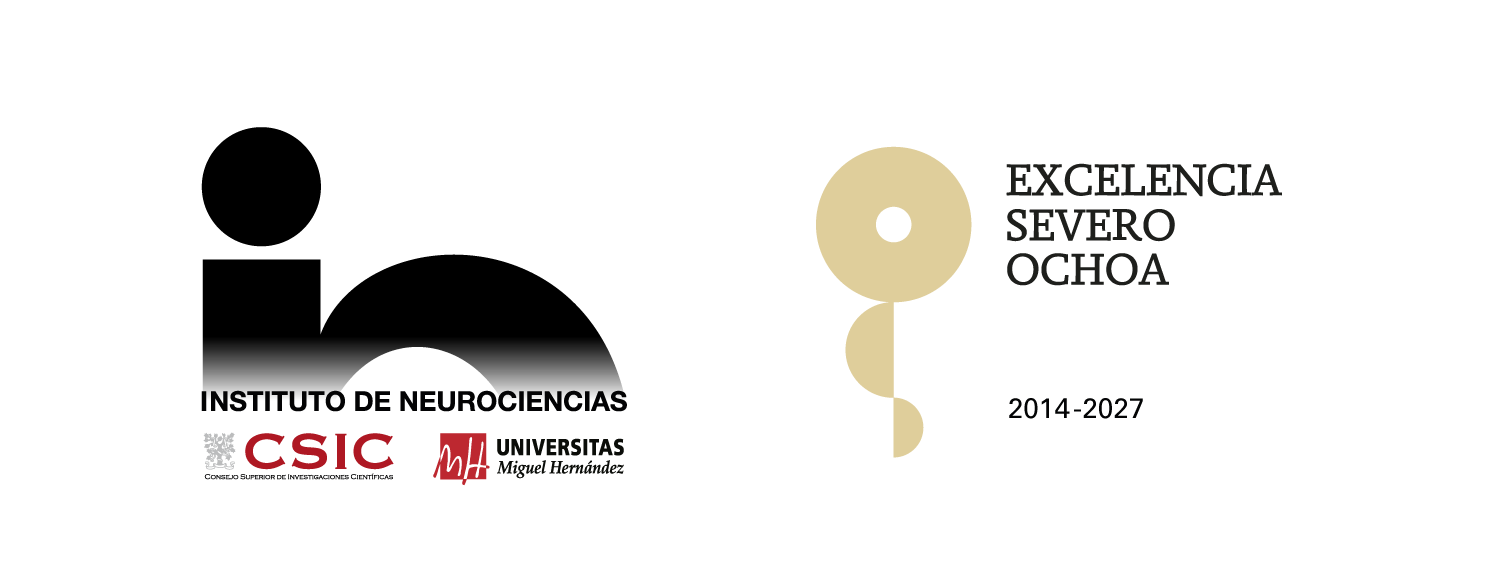Juan Lerma, full academician of the Royal Academy of Exact, Physical and Natural Sciences of Spain
11 de October de 2024
The Royal Academy of Exact, Physical, and Natural Sciences of Spain (RAC) has appointed Juan Lerma Gómez as a full member. This prestigious appointment highlights his contribution to neuroscientific research and reinforces his leadership in the field of science at an international level.
The researcher, who leads the Synaptic Physiology laboratory at the Institute for Neurosciences (IN), a joint center of the Spanish National Research Council (CSIC) and Miguel Hernández University (UMH) of Elche, stated: "Being elected as a member of the RAC is an immense satisfaction both as a scientist and as a person. On one hand, it will allow me to enrich myself by interacting with highly prestigious scientists, and on the other hand, it will enable me to continue promoting Spanish science."
Throughout his career, Lerma has made significant advances in neuroscience, particularly in studying glutamate receptors and their relationship to neurological diseases. Among his most notable scientific achievements is the identification of kainate receptors and their involvement in disorders such as autism and schizophrenia. Additionally, his research on Down syndrome has led to key advances in understanding the spatial memory deficits associated with this condition.

Photo: Juan Lerma Gómez, CSIC Research Professor at the Institute for Neurosciences CSIC-UMH
The RAC is a renowned institution that brings together some of Spain's most prominent scientists, to foster the development of science and research in the country. "The activities of the RAC can significantly impact the country's scientific and technological development. Let us not forget that figures such as Santiago Ramón y Cajal, Gregorio Marañón, and Leonardo Torres Quevedo, to name just a few, were members of this Academy," Lerma emphasizes.
Scientific Career
Juan Lerma was born in Moral de Calatrava (Ciudad Real) and moved with his family to Madrid, where he studied Biology at the Complutense University. He began his research career at the Ramón y Cajal Hospital and earned his PhD in Sciences in 1983 from the Autonomous University of Madrid. Subsequently, he worked at the Albert Einstein College of Medicine in New York (USA), where he made significant contributions to the understanding of NMDA synaptic receptors.
Since returning to Spain in 1990, Lerma has held several prominent positions at the Spanish National Research Council (CSIC) and led key initiatives in the field of neuroscience, establishing himself as an international leader in his field. He served as the director of the Institute for Neurosciences CSIC-UMH for nine years (2007-2016), a period during which he played a crucial role in its growth and international projection. He is currently a Research Professor at the CSIC in the Institute for Neurosciences, Vice President of the European Brain Council, and Director of the Cajal International Center for Neuroscience, where he continues to promote neuroscience on a global scale.
This recognition adds to a long list of honors, including the Gold Medal from the Institute for Neurosciences and the Distinction for Scientific Merit from the Valencian Government. Additionally, he is a member of prestigious scientific organizations such as the European Molecular Biology Organization (EMBO) and the European Academy. Lerma has authored over 100 scientific publications in high-impact journals and is a leading figure in developing new techniques and approaches to study the brain and its pathologies.
Source: Institute for Neurosciences CSIC-UMH (in.comunicacion@umh.es)

 Español
Español